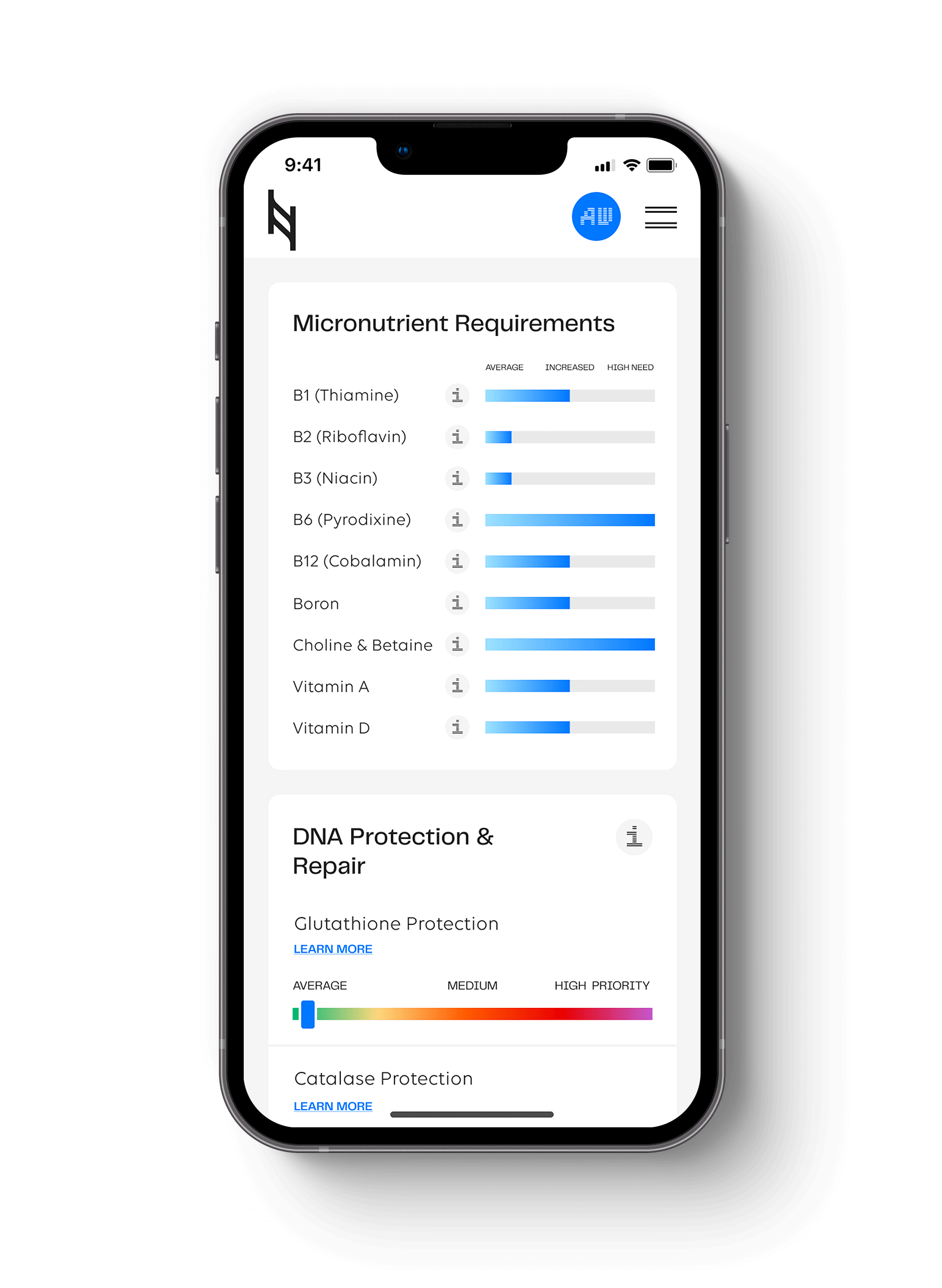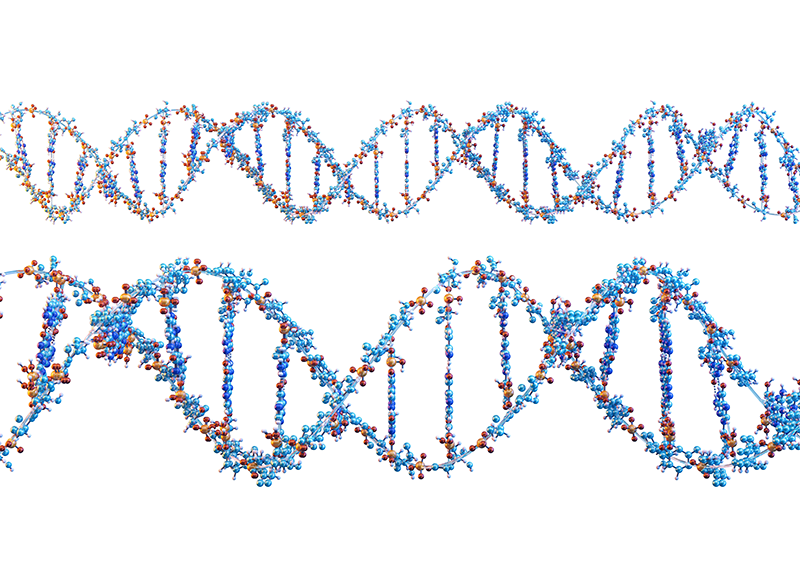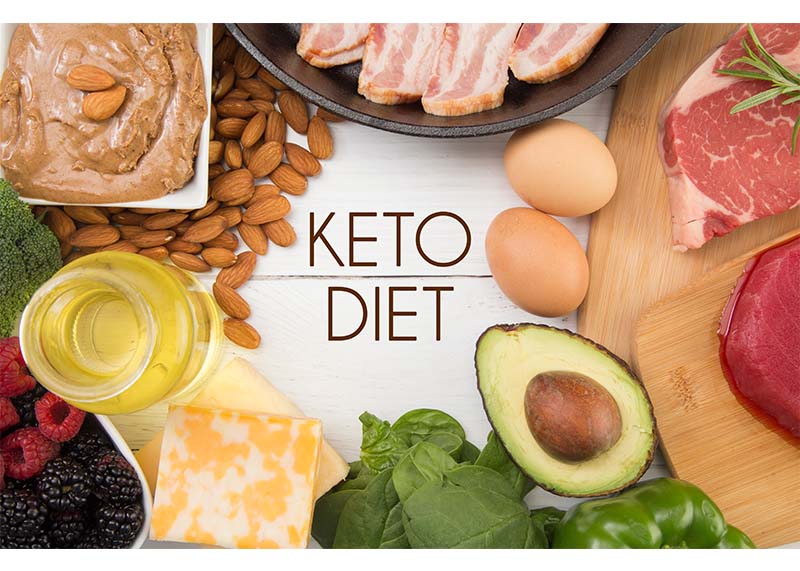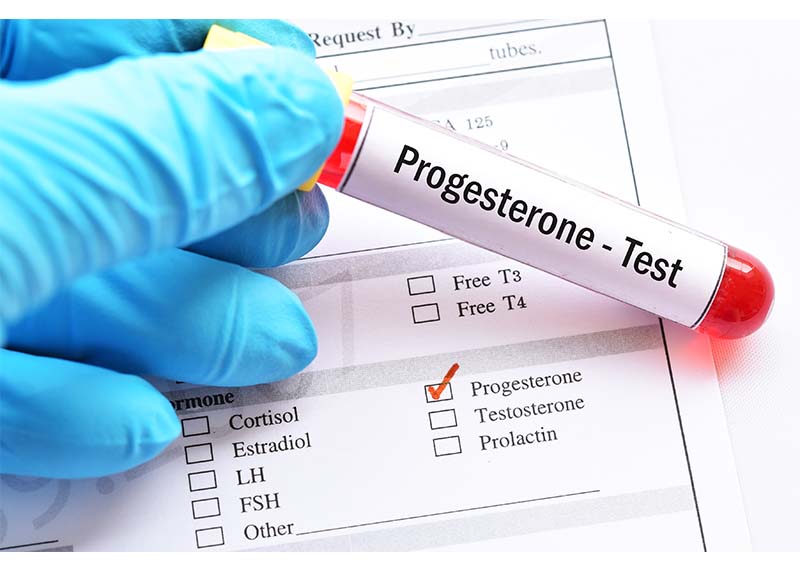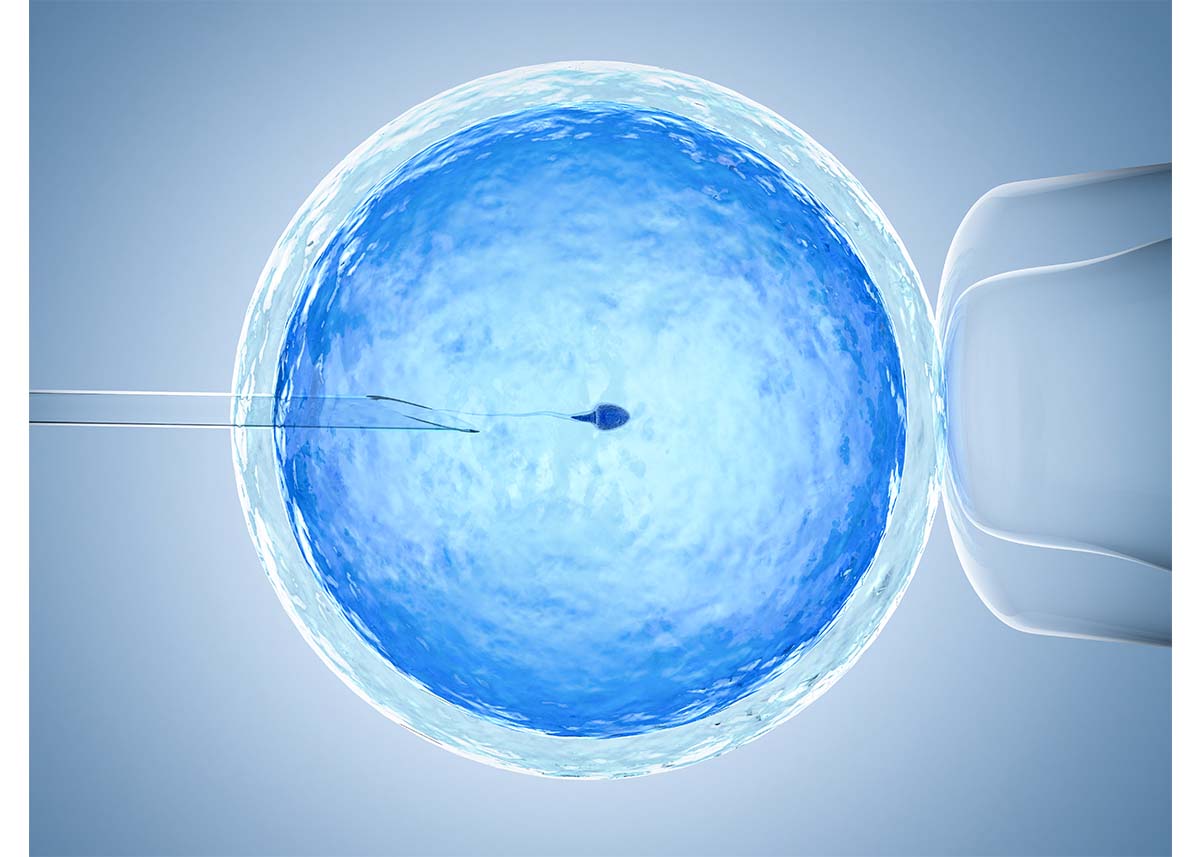Each week this month, we will be reviewing how to analyze the Nutrition Genome Report for infertility. While many factors are involved in fertility rates, the Nutrition Genome Report can help narrow down the epigenetic factors contributing to infertility.
This week we will look at toxicity and oxidative stress and how specific genes in this section can increase the risk of infertility in men and women.
A review of the literature presents a convincing case for the rise in chemical exposure being a major contributing cause beginning in the 1960s, as well as age, weight, and existing health disorders.
The Toxin Sensitivity Section
The Toxin Sensitivity section includes heavy metals, pesticides, herbicides, and other toxins that can affect fertility in males and females.
Consistent research has shown that overexposure to mercury, lead, cadmium, aluminum, pesticides, herbicides, and other forms of pollution can reduce fertility. Here are a few examples:
- Lead may alter sperm quality in men, cause irregular menstruation, induce preterm delivery, and cause miscarriage, stillbirth, and spontaneous abortion in women. Vitamin C lowers lead levels in the body while calcium blocks its uptake, and this may be one of the mechanisms by which vitamin C helps male fertility.
- Mercury can disrupt spermatogenesis. Folate lowers blood mercury levels, while selenium blocks mercury uptake.
- Cadmium has been shown experimentally to cause testicular necrosis in mice and marked changes in libido and infertility. Non-organic agriculture uses high amounts of synthetic organophosphates, creating a very high phosphorus content. Synthetic phosphorus concentrates the amounts of heavy metals, like cadmium and uranium, in non-organic soils and food.
- Men working in agricultural regions and greenhouses which use pesticides have higher concentrations of common pesticides in their urine and a 60% decrease in sperm concentrations.
- A cross-sectional study of US women showed that blood lead and cadmium levels were positively associated with self-reported infertility. Vitamin C and calcium are crucial to protect against lead, while vitamin C, B1, B6, iron, and zinc deficiencies enhance sensitivity towards cadmium.
- One study found that in utero and lactational exposure to glyphosate impairs female fertility by reducing the number of implanted embryos and increasing the rate of pre-implantation embryo losses.
The Oxidative Stress and Fertility Section
Under the Hormone section, you will see an Oxidative Stress and Fertility module designed for males to understand glutathione and antioxidant requirements.
One study found that an overabundance of reactive oxygen species (ROS) may compromise sperm function, including sperm motility, altering DNA, and decreasing membrane integrity.
The exposure and sensitivity to these chemicals and heavy metals are suspected reasons for the increased risk of male infertility related to GSTP1 variants.
Micronutrient and Antioxidant Support
For women, research has shown that folate, vitamin B6, vitamin C, vitamin D, vitamin E, iodine, selenium, iron, and DHA might positively impact infertility treatment. Genetically, you may have higher requirements to reach the optimal amount for fertility. These can be found in the micronutrient section of the Nutrition Genome Report.
Studies have proven nutritional therapies improve sperm counts and sperm motility, including L-carnitine, L-arginine, zinc, selenium, and vitamin B-12. Numerous antioxidants have also proven beneficial in treating male infertility, such as vitamin C, vitamin E, glutathione, and coenzyme Q10.
Hit your health goals faster
We'll help you remove the guesswork
Experience the most advanced nutrigenomic test available, covering 100 clinically relevant genes for a "whole body" analysis. Take control of your health today.
$359
